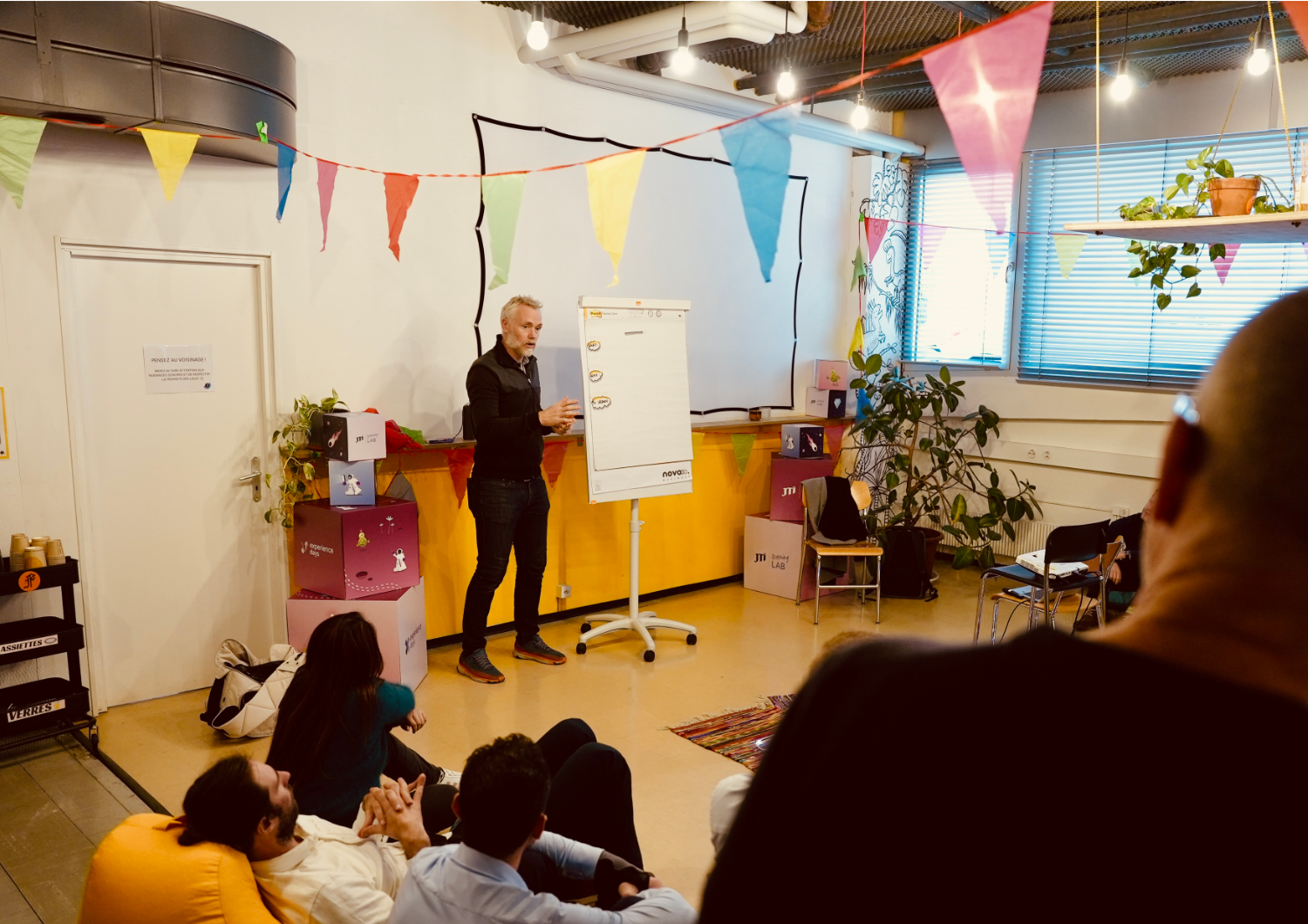In a business world obsessed with expertise, the most powerful tool might be the willingness to embrace not knowing. The beginner's mindset; approaching challenges with a child-like curiosity to see things with new eyes rather than certainty. Its ancient wisdom and has powered breakthrough innovations from leaders like Musk, Bezos, and Jobs.
When we shed the head-driven need to have all the answers, we unlock fresh perspectives that challenge industry assumptions and reveal hidden opportunities. I've discovered that teams thrive when psychological safety allows questions to flourish over quick answers, when "I wonder" replaces "I know," and when valuable failures are celebrated as learning opportunities.
Want to transform your team's problem-solving capacity? Start by modelling curiosity, implementing structured question sessions, and recognising those who dare to challenge the status quo. Remember: in today's rapidly evolving business landscape, your greatest competitive advantage isn't what you know — it's how openly you approach what you don't.
Leadership Approaches to fostering a Beginner's Mindset in Your Team
Model the Behaviour First
· Demonstrate curiosity by asking questions instead of making statements
· Openly admit when you don't know something
· Share your own learning journey and mistakes
· Visibly change your mind when presented with new information
Create Psychological Safety
· Explicitly value questions and exploration over quick answers
· Recognise and praise team members who challenge assumptions
· Separate idea evaluation from the person proposing it
· Respond positively when team members admit uncertainty
Practical Techniques
Structured Question Sessions
· Begin problem-solving meetings with 5-10 minutes of questions only—no solutions
· Use "How might we..." framing to open possibilities
· Implement "Five Whys" technique to dig deeper into root causes
· Create a shared "Assumption Log" to track and test key assumptions
Role Rotation and Perspective-Taking
· Have team members temporarily swap responsibilities
· Assign "beginner advocates" in meetings to represent fresh perspectives
· Conduct customer/user shadowing to see challenges through new eyes
· Invite team members from different departments to provide outside perspective
Learning-Focused Processes
· Implement regular retrospectives focused on learning, not blame
· Create "experiment budgets" for testing new approaches
· Celebrate valuable failures that produce important insights
· Establish "learning circles" where team members share newideas from outside sources
Communication Shifts
Language Transformation
· Replace "We've always done it this way" with "What if we tried..."
· Shift from "That won't work because..." to "How might that work if..."
· Move from "I know" statements to "I wonder"questions
· Change "Either/or" thinking to "Both/and"possibilities
Meeting Practices
· Begin meetings with a "beginner's moment" where everyone shares one assumption they're questioning
· Implement "reverse mentoring" where junior team members teach senior ones
· Use anonymous idea submission to reduce status-based evaluation
· Rotate meeting facilitation to bring different perspectives to discussions
Reinforcement Strategies
Recognition Systems
· Recognise and reward curiosity, experimentation, and learning
· Create "Beginner's Mindset" awards for valuable questioning
· Share stories of how questioning assumptions led to breakthroughs
· Include learning and curiosity metrics in performance reviews
Environmental Cues
· Post questions rather than answers on office walls
· Create physical reminders like "What are we missing?" signs in meeting rooms
· Establish dedicated time for exploration and learning
· Bring in outside speakers to share different perspectives
Remember that shifting to a beginner's mindset is a journey, not a destination.Consistent reinforcement and personal modelling will gradually transform your team's approach to problem-solving. For further tips or coaching please come and say hello@hellocreativity.com


